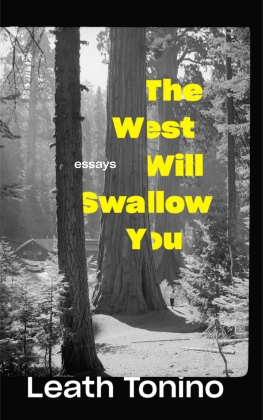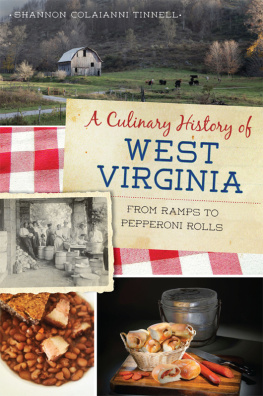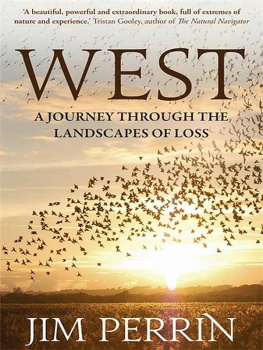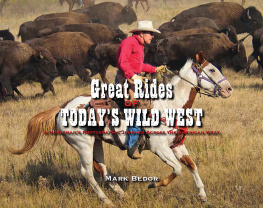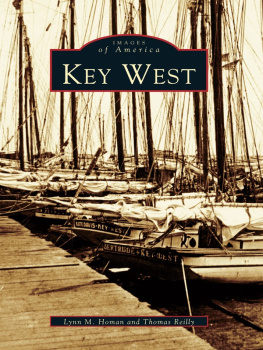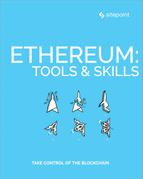
THE WEST
WILL SWALLOW YOU
THE WEST
WILL SWALLOW YOU
Essays
LEATH TONINO
TRINITY UNIVERSITY PRESS
San Antonio
Published by Trinity University Press
San Antonio, Texas 78212
Copyright 2019 by Leath Tonino
All rights reserved. No part of this book may be reproduced in any form or by any electronic or mechanical means, including information storage and retrieval systems, without permission in writing from the publisher.
Cover design by ALSO
Book design by BookMatters, Berkeley
Author photo by Michael Price
Cover: Sequoia National Park, Sept. 1957. Giant trees close to the Village. A cathedral in nature. Note figure close to central tree. California. Matson Photo Service. www.loc.gov/item/mpc2009010336/PP.
ISBN 978-1-59534-903-3 paperback
ISBN 978-1-59534-904-0 ebook
Trinity University Press strives to produce its books using methods and materials in an environmentally sensitive manner. We favor working with manufacturers that practice sustainable management of all natural resources, produce paper using recycled stock, and manage forests with the best possible practices for people, biodiversity, and sustainability. The press is a member of the Green Press Initiative, a nonprofit program dedicated to supporting publishers in their efforts to reduce their impacts on endangered forests, climate change, and forest-dependent communities.
The paper used in this publication meets the minimum requirements of the American National Standard for Information SciencesPermanence of Paper for Printed Library Materials, ANSI 39.48-1992.
CIP data on file at the Library of Congress
23 22 21 20 19|5 4 3 2 1
For my sister
fellow explorer of childhoods back fields
This aimless shifting east and west,
I even have to laugh myself.
But how else can I make
The whole world my home?
Baisao
Contents
Preface
Start with that little word, that big country: West.
I grew up far from there, along the shores of Lake Champlain, between Vermonts Green Mountains and New Yorks Adirondacks. Having supported myself as a freelance scribbler for the past ten years, I can now survey my publication record and note just how important this region of mosses and otters and gray clouds has been to my writing, not to mention my sleeping, eating, laughing, crying, questioning, questing, and ongoing education in the art of aimless appreciative wandering.
That said, it would be difficult to deny that I am, borrowing Gary Snyders term, promiscuous with ecosystems. Despite my love of the Northeasts intricate communities, despite my enduring passion for looking and looking again at the valley that raised me, despite my admiration for rooted authors who sing the praises of their native groundwell, these feet of mine do get mighty itchy, and the best scratch apparently comes from traveling many miles over ever-changing terrain.
Ive rambled the American West this past decade, keeping the lands vibrant pulsing front and center in my experience. I felt it on Arizonas remote Kaibab Plateau, where I worked as a biologist studying elusive raptors, and on San Franciscos pigeon-flocked park benches, where I trained myself to resist the false, dangerous, strangely seductive notion that the civilized and the wild are fundamentally opposed. I felt it on Wyoming ranches, at Nevada campsites, all through Colorados burly ranges. I felt it in libraries and national monuments, in people, in a midnight foxs eyes, in the rushing wind. Broadly speaking, The West Will Swallow You is about that pulse of a planet often buried under blacktop and cast in bluish screen-glow, but nonetheless present, relentlessly present.
Of course, complications arise when gathering together a bunch of pieces that were initially created to stand alone in magazines and journals. Harmonizing them is a tall order, an impossible order. I keep reminding myself that this isnt a single, coherent narrative, but a gaggle, a sprawl, and that the diversity of tones and topics should be seen as an attribute, not a flaw. Perhaps its fitting to pair reported stories with personal reflections, conventional texts with experimental lists, restrained sorrow with freewheeling humor. Introducing Eagle Pond, a bundle of his previously scattered essays, Donald Hall puts it nicely: But these different voices are each my own voiceand Picasso said that every human being is a colony.
My advice is to read, or at least attempt to read, the following pages with the same spirit of random curious searching that characterized their composition. While the collection allows for a conventional front-to-back journey, theres no reason that it cant also function as a vagabonds companion, a browsers buddy, like that atlas you pick up, leaf through, set down, repeat. Why not get a little lost, as I have? Why not scratch your feet?
To close this opening, let me drop a final quote. In an interview, Robert Bringhurst discusses how landscapesspecific forests, coastlines, and the likecan function as major characters in the yarns that humans spin, the tales we tell. But then he pauses, and from that pause emerges an intriguing thought: I wonder, though, what percentage of the worlds novels take place entirely indoors. Ill bet its much larger than the portion set almost entirely outdoors.
Reviewing these travels, these years, these white sheets of paper stained by my unruly ink, by my effort and play, I notice lots of sky and weather, lots of dirt and stone, lots of feather and fur, lots of flowing water and falling snow, lots of green growth and shadowy stillness. Setting the book almost entirely outdoors wasnt intentional. Nope. The boots have their own ideas regarding where to go and when, and the pen has its own itinerary. This is the life they lead because
Lub-dub. Lub-dub. Lub-dub.
The heart, the earth.
There it is againthat pulse.
CALIFORNIA
The West Will Swallow You
I took a train from Richmond, along the rim of San Pablo Bay, across the Central Valley. Egrets stood in flooded rice fields bordering the track, still and white like flags on a windless day. Friends picked me up in Rocklin and we continued by car to Lake Tahoe, then farther south. Sharp peaks. Winding roads. I dug a cave in a snowbank that evening and slept inside the hollow. It felt good to be out of the city and good to squirm into the caves mute darkness. I slept, quite literally, like a bear, removed from all things, even the stars.
The next morning was Sunday, sunny and golden. We went skiing. We talked and joked for hours up above the trees, on the chairlift and in the alpine bowls. I hadnt seen my friends in a couple of months and hadnt skied in a couple of years. I lacked skill, but that hardly mattered. By mid-afternoon we were exhausted, glad to be loading the car, glad for the drive out of the mountains, down to the sunset. I changed into jeans and sneakers, careful not to dirty my socks in the parking lots mud. We passed a single beer around, trading sips.
Upslope, a young man was just beginning to die.
We didnt know it at the time. We only knew that there was a competition on the mountain, a huge, steep wall of stone and clinging snow opened this one day to the worlds elite freeskiers. Resting between runs, we had watched tiny specks charge the shadowed face. Cornice, couloir, cliffthe specks rode these features with apparent ease, skiing air and earth in equal measure. Crowds cheered. Crowds stared. I remember saying to my friends that these were the most impressive athletes Id ever seen. What would it feel like to ski that way, to give oneself over so completely to gravitys great pull?
Next page
